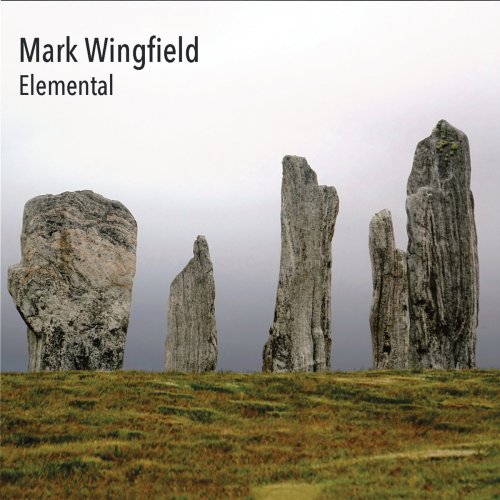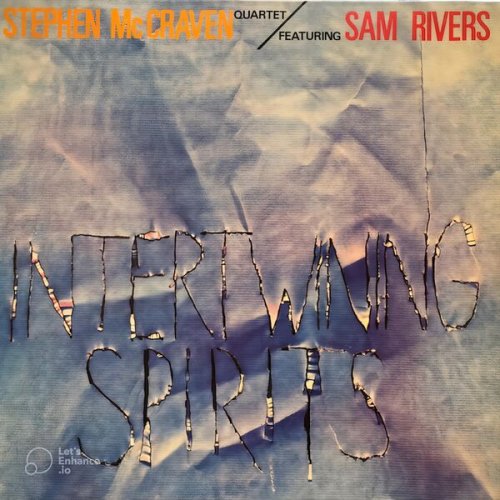VA - Mohammed Fairouz: Native Informant (2013)
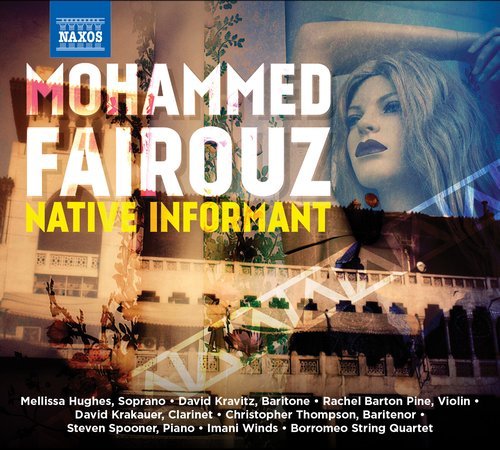
Artist: Various Artists
Title: Mohammed Fairouz: Native Informant
Year Of Release: 2013
Label: Naxos
Genre: Classical
Quality: FLAC (tracks + .cue, log, artwork)
Total Time: 1:18:21
Total Size: 325 MB
WebSite: Album Preview
Tracklist:Title: Mohammed Fairouz: Native Informant
Year Of Release: 2013
Label: Naxos
Genre: Classical
Quality: FLAC (tracks + .cue, log, artwork)
Total Time: 1:18:21
Total Size: 325 MB
WebSite: Album Preview
01. Tahwidah (6:09)
02. Chorale Fantasy (5:49)
Native Informant, Sonata for Solo Violin
03. I. Lyric Sketch (3:38)
04. II. Rounds (3:32)
05. III. For Egypt (5:51)
06. IV. Scherzo (3:58)
07. V. Lullaby of the Ex Soldat (6:50)
Posh
08. I. Ballade of the Layette (2:54)
09. II. Blue Sea Songs (1:48)
10. III. Posh (3:39)
For Victims
11. I. Prologue: The House of Justice (5:30)
12. II. Song of the Victims (9:43)
Jebel Lebnan
13. I. Bashir's March (3:21)
14. Interlude: Nay (2:54)
15. II. Lamentation: Ariel's Song (5:55)
16. III. Dance and Little Song (2:48)
17. IV. Mar Charbel's Dabkeh (4:02)
Arab-American composer Mohammed Fairouz combines diverse materials in his music, ranging from elegies for the dead (Jewish as well as Arab, and American on September 11, 2001, as well as Middle Eastern), to fusions of Arab and Western materials, to high-spirited neo-classic fun. The mixture has appealed to cultural theorists such as Gayatri Spivak, who in the booklet to this Naxos release calls Fairouz's music "musical labor, seemingly effortless." The intent is to present Middle Eastern cultures not as exotic, and not as victimized, but as whole, complex entities showing musical influences from a variety of sources. Certain turns of emotion on this album may seem to come out of nowhere, and some of the programmatic representations would be hard to guess without the titles or the attached notes. But the music is never dull, and a bit of chaos seems to be part of the idea, suggesting a sort of Arab Osvaldo Golijov. All these works are world premieres. The centerpiece and title work for violin solo was commissioned by the adventurous Rachel Barton Pine, and although she is suitably virtuosic the work may be a bit too thinly spread over the map for some tastes, with elements of Arab string music appearing in a haphazard way. Some of the shorter works, however, are entirely original. Chorale Fantasy (2010), for string quartet, is an ingenious short work combining the modal (in the broadest sense of the word) material of the Arab maqam system with the German chorale. That work and others are inspired by vocal models or simply vocal ranges, a key trait of Fairouz's music. The final Jebel Lebnan refers to the events of Lebanon's civil war, but nowhere on the album is the effect grim. Worthwhile for those interested in music encompassing elements and experiences from beyond the Western sphere. -- James Manheim
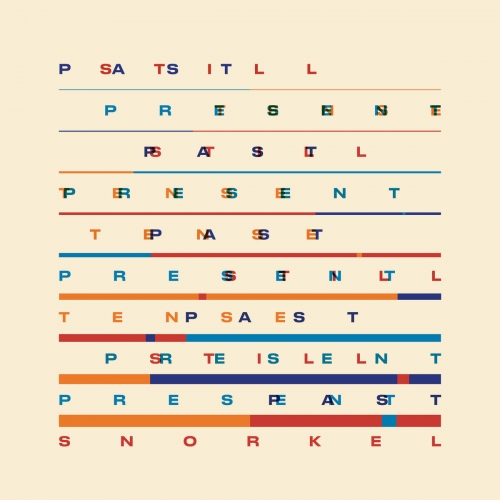
![Bobby Meckam - Trumpet and Jazz in Strings (1981/2025) [Hi-Res] Bobby Meckam - Trumpet and Jazz in Strings (1981/2025) [Hi-Res]](https://www.dibpic.com/uploads/posts/2025-12/1766062047_cover.jpg)
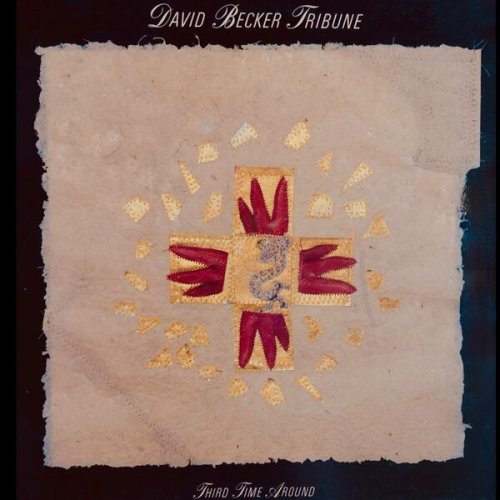


![Rachel Kitchlew, SFJ - Flirty Ghost (2025) [Hi-Res] Rachel Kitchlew, SFJ - Flirty Ghost (2025) [Hi-Res]](https://www.dibpic.com/uploads/posts/2025-12/1765896408_qvf41hr1ljj8a_600.jpg)

